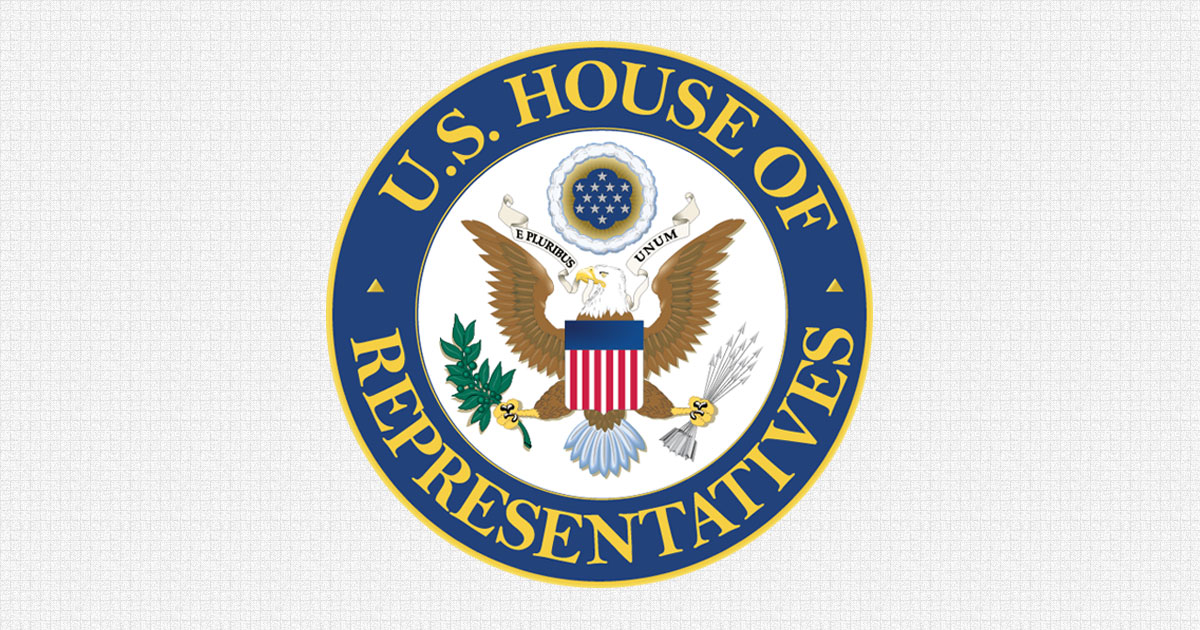SacRT Receives Grant to Transition to Zero-Emission Fleet in Sacramento
Key Ideas
- SacRT was awarded a $76,847,678 grant from the FTA for their Zero-Emission Buses, Fueling, and Workforce Development Project, aiming to transition to entirely zero emission by 2028.
- The project includes buying up to 29 new hydrogen fuel cell buses, developing a zero-emission maintenance facility, and implementing a workforce training program.
- Representative Ami Bera emphasized the positive impact on job creation, service reliability, and air quality, highlighting the commitment to sustainability and innovation.
- The project aligns with President Biden's infrastructure initiatives, promoting the modernization of transit systems and the adoption of zero-emission buses to improve communities nationwide.
The Sacramento Regional Transit District (SacRT) has been granted $76,847,678 by the U.S. Federal Transit Administration’s Low or No Emission Grant Program to support their Zero-Emission Buses, Fueling, and Workforce Development Project. This initiative aims to transition SacRT's fleet to entirely zero emission by 2028. The project involves acquiring up to 29 new hydrogen fuel cell buses, establishing a state-of-the-art zero-emission maintenance facility, and launching a workforce development program to enhance local talent. Representative Ami Bera highlighted the job creation, service reliability improvement, and air quality benefits of this project. The support from the grant is seen as a significant step towards sustainability and innovation in Sacramento. U.S. Transportation Secretary Pete Buttigieg praised the initiative, emphasizing the impact of modernizing transit systems using zero-emission buses manufactured in the U.S. SacRT's General Manager/CEO Henry Li expressed gratitude for the funding secured with Congressman Bera's help, stressing the transition to hydrogen fuel cell technology would enhance service efficiency and air quality. Representative Bera also submitted a funding request for SacRT's maintenance facility in the Fiscal Year 2025 Community Project Funding process, further demonstrating the commitment to a greener and more sustainable future.
Topics
Projects
Innovation
Sustainability
Workforce Development
Public Transportation
Advocacy
Grant Program
Community Impact
Infrastructure Law
Latest News
